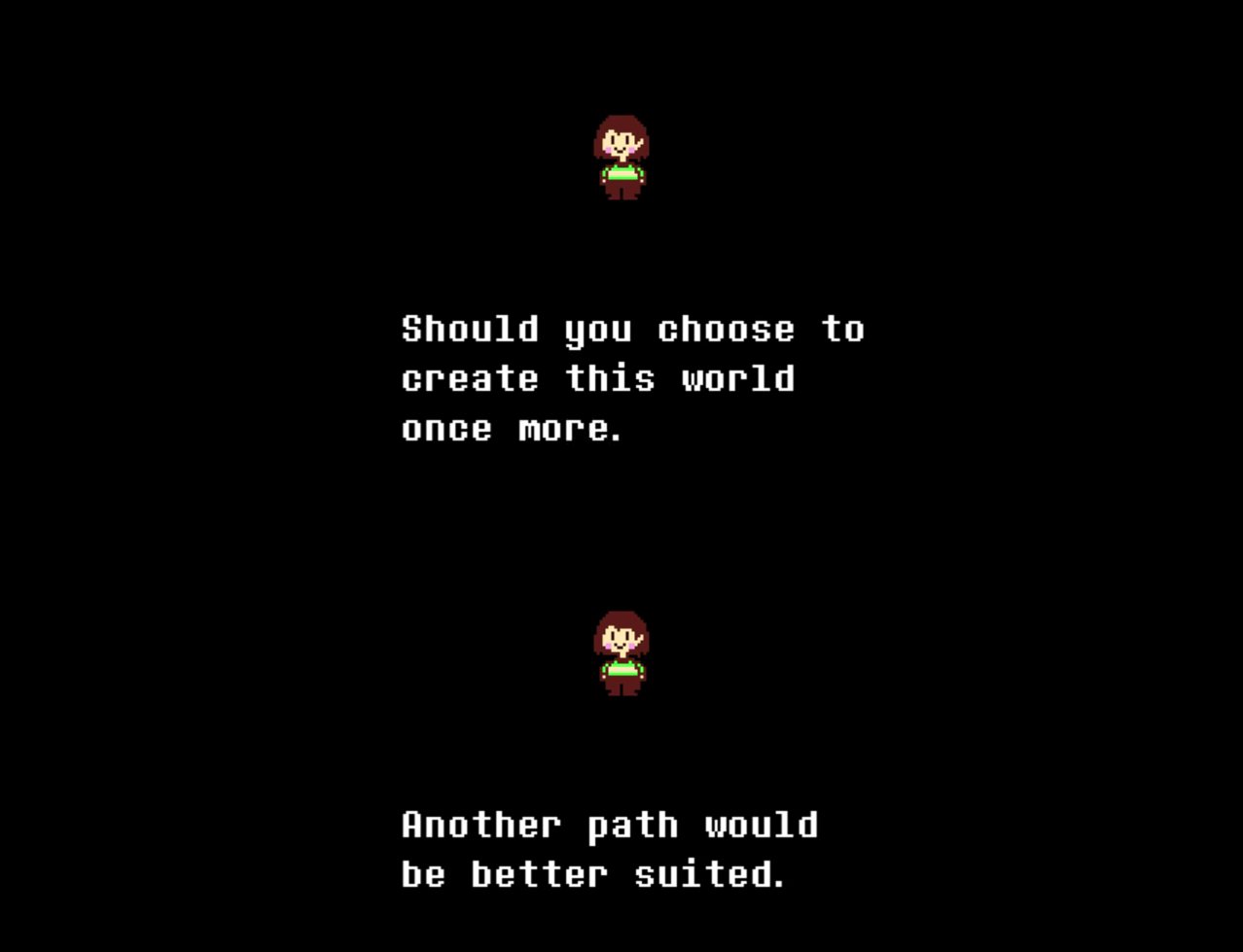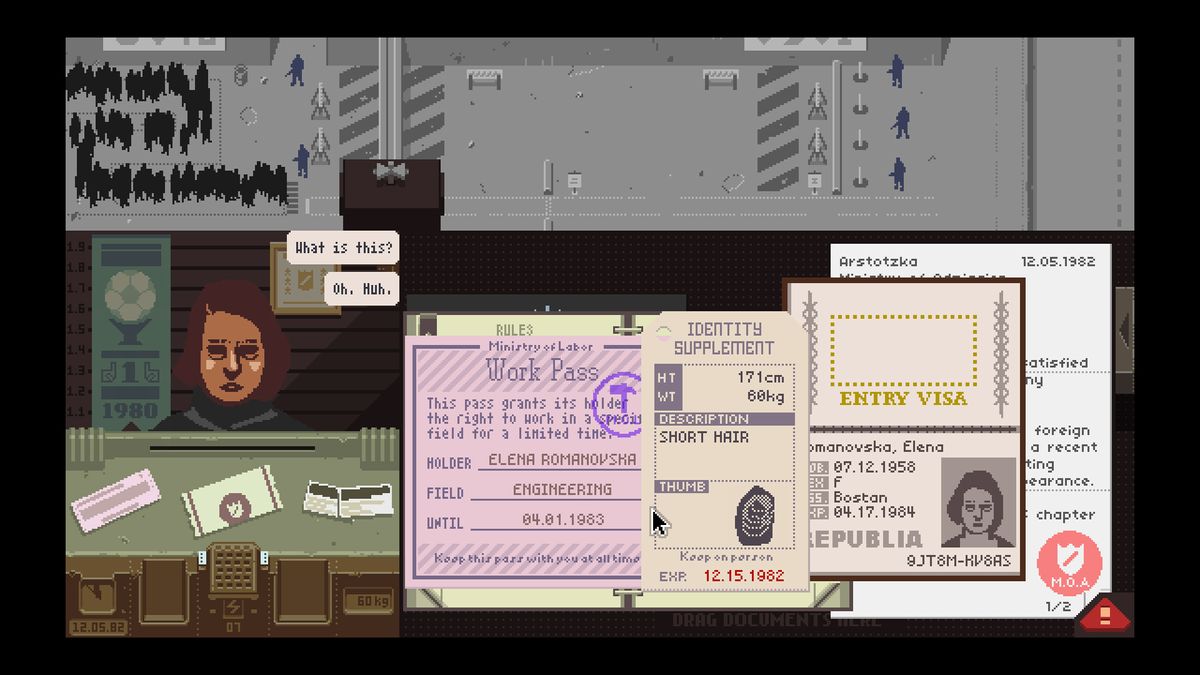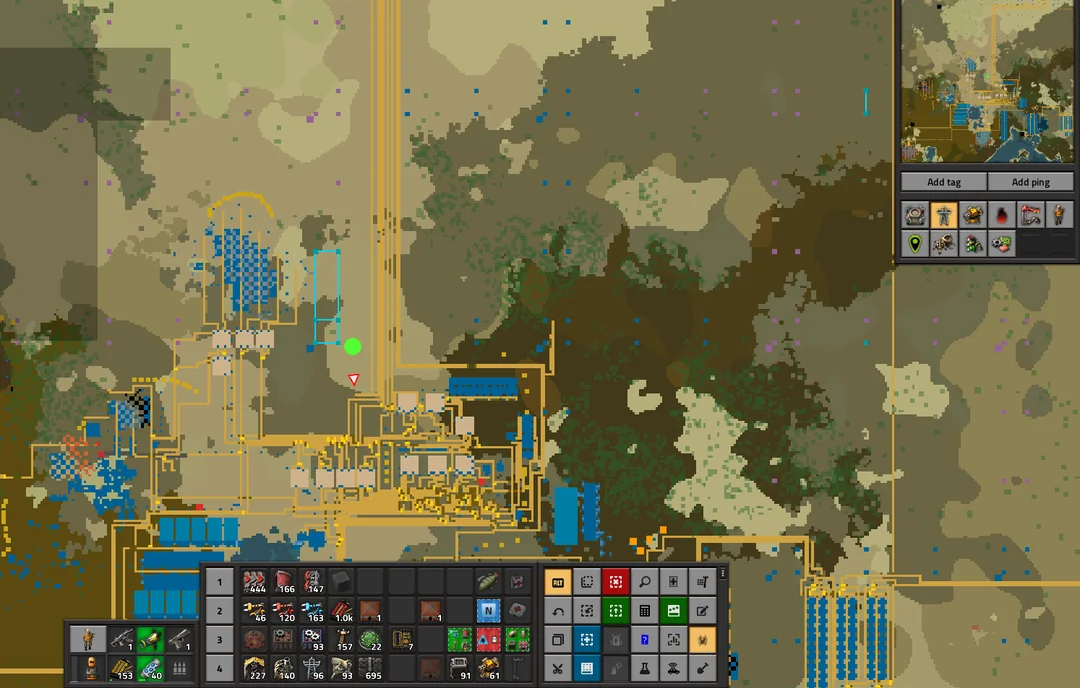
 LessWrong (Curated & Popular)
LessWrong (Curated & Popular) “Video games are philosophy’s playground” by Rachel Shu
Nov 26, 2025
Explore how video games serve as experimental labs for metaphysics, allowing players to manipulate fundamental concepts like time and space. Rachel Hsu delves into diverse spatial perspectives and temporal structures shaped by gameplay. Discover how game ontologies challenge traditional thought with systems like Factorio versus character-driven narratives. Learn about causality in multiplayer worlds and how actions in games reflect deeper philosophical questions. Lastly, Hsu argues for games' roles in education and research, shaping our understanding of possible realities.
AI Snips
Chapters
Transcript
Episode notes
Games As Experimental Metaphysics
- Video games let us vary fundamentals like time, space, causality, and ontology and then live in those variants.
- That turns armchair metaphysics into experiential intuition-building.
Spatial Intuitions Rewired By Play
- Players rapidly learn radically different spatial ontologies across genres without confusion.
- Games like Portal introduce geometries impossible in physical reality and change spatial intuition.
Time And Negotiated Causality
- Games manipulate temporal structure: turn-based, sped-up real-time, and retrocausal mechanics change how time is experienced.
- Multiplayer and time-editing games make causality negotiable rather than fixed.




